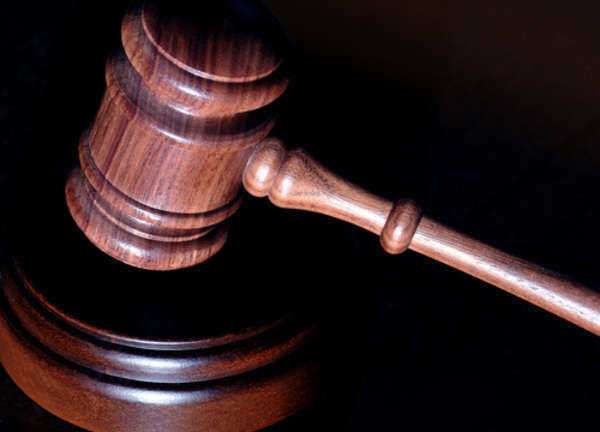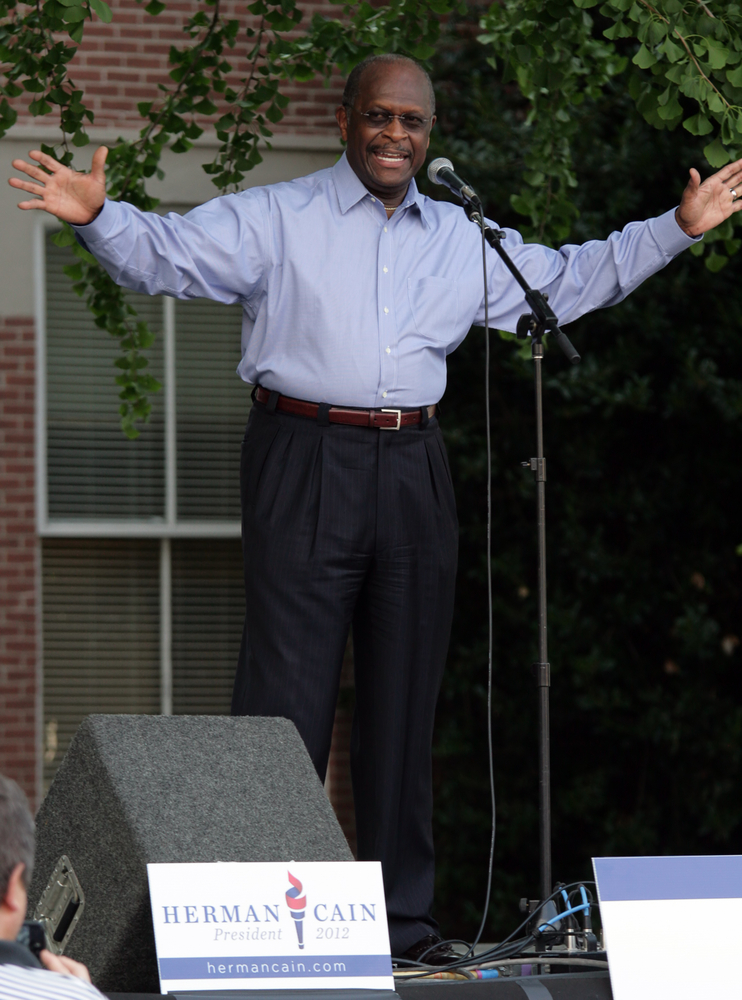
Introduction
The Pussy Riot case of 2012, which saw three members of the Russian feminist punk rock band arrested and charged with hooliganism and “religious hatred,” caused international controversy and sparked a debate about free speech and human rights in Russia. Recently, lawyers who were representing the band members have been dismissed from the case, which has raised concerns about the fairness of the trial. In this article, we will discuss the latest developments in the Pussy Riot case and the implications of the dismissal of the lawyers.
Background of the Pussy Riot Case
In February 2012, three members of Pussy Riot staged a performance in Moscow’s Cathedral of Christ the Savior. The performance, which lasted less than a minute, saw the members sing a song critical of Russian President Vladimir Putin and the Russian Orthodox Church. The performance was recorded and posted online, sparking outrage among some members of the Russian public.
The three members, Nadezhda Tolokonnikova, Maria Alyokhina, and Yekaterina Samutsevich, were arrested and charged with hooliganism and “religious hatred.” The charges carried a maximum sentence of seven years in prison.
The trial was widely criticized by human rights groups and international organizations for its lack of fairness, with some allegations of torture and breach of legal process.
Dismissal of Lawyers in Pussy Riot Case
Recently, it was reported that the lawyers representing two of the Pussy Riot members, Tolokonnikova and Alyokhina, had been dismissed from the case. The lawyers, Irina Khrunova and Nikolai Polozov, were reportedly removed from the case on the grounds that they leaked information to the media.
The dismissal of the lawyers has raised concerns about the fairness of the trial and the ability of the Pussy Riot members to receive a fair trial. Critics argue that the dismissal of the lawyers is part of a wider campaign to silence opposition and restrict freedom of speech in Russia.
Implications of Dismissal of Lawyers in Pussy Riot Case
The dismissal of the lawyers in the Pussy Riot case raises concerns about the fairness of the legal process in Russia and the ability of defendants to receive a fair trial. Some legal experts argue that the dismissal of the lawyers could have a chilling effect on freedom of speech and civil society in Russia.
The Pussy Riot case has been widely criticized by human rights groups and international organizations for its lack of fairness and alleged violations of human rights. The dismissal of the lawyers is seen by some as further evidence of the Russian government’s attempts to stifle free speech and civil society in the country.
Conclusion
The dismissal of the lawyers in the Pussy Riot case is a cause for concern for those who advocate for freedom of speech and human rights in Russia. The case has raised important questions about the role of the legal system in protecting civil liberties and the ability of defendants to receive a fair trial. The consequences of the dismissal of the lawyers in the Pussy Riot case may have far-reaching implications for freedom of speech and civil society in Russia.
Pursuing a case politically turned out to be a bad move for the attorneys defending two of the young women involved in the Russian “Pussy Riot” court case. After months of failing to free their clients or have their sentences significantly reduced, the women’s legal team has fired them and hired a new group of attorneys as their replacement.
The legal team that started out in charge of the case specialized in politically sensitive cases in Russia, including many where leaders of opposition groups were being unfairly targeted by Russian political forces. However, the young women involved in the Pussy Riot punk band, who had been arrested for filming a controversial music video that disrupted Russian Orthodox church services, were unable to make any headway as their case stalled out.
The husband of one of the two remaining jailed Pussy Riot members claims that the women plan to file a complaint with the European Court of Human Rights due to the inhumane treatment they have received during their arrest, trial, and imprisonment.
One of the group’s three arrested members, Yekaterina Samutsevich, fired the politicized legal team months ago, with great success. She was released from prison after her attorney was able to appeal the case, creating doubt by saying that the young woman had actually been arrested before she had been able to participate in the disruptive activities of the Pussy Riot group.
The original legal team for the young women is the reason that the case was able to make national and international headlines. Attorneys in the case sought out publicity from television stations, social media networks, and even viral videos.
This unorthodox strategy was started to create domestic and international pressure on Russian leaders like Vladimir Putin and Dmitry Medvedev to release the women, but the media frenzy may have backfired. While Medvedev has gone on record saying that he believes the women should be released, Putin has steadfastly held that it is important for them to continue to be locked up.
The next move for the women jailed in the Pussy Riot case is unclear, but it may involve either European high courts or a much simpler and more local option. Because both of the jailed women are married and have young children at home, some believe that a more pragmatic legal team may try to obtain a postponement of sentence first, to allow the young mothers to have time with their children.
What’s more, by the time the postponement of the sentence is over, there is a very good chance that the courts would decide not to re-imprison the women—especially if they stay out of any legal trouble for the duration of the postponement.
So far, the women aren’t taking any chances on their new legal defense: they’ve hired the hard-nosed attorney who won their co-defendant’s freedom. There is no word yet on which legal avenues the women’s new legal counsel will prefer to work with, but chances are good that the buzz-seeking tactics of the last legal team are done for good in the Pussy Riot case.
Sources: reuters.com, ap.com































